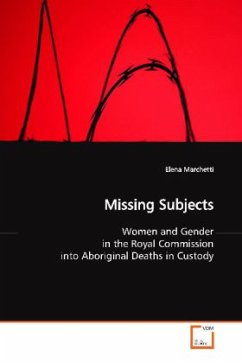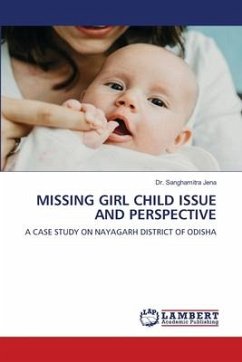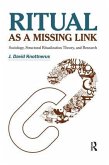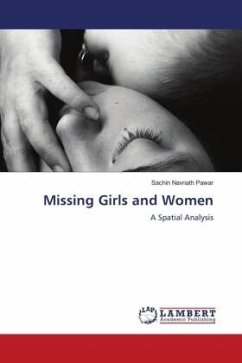Although the Australian Royal Commission into
Aboriginal Deaths in Custody (RCIADIC) tabled its
National Report over a decade ago, its 339
recommendations are still used today to steer
Indigenous justice policy. The inquiry began as an
investigation into Indigenous deaths in custody, but
its scope was later broadened to encompass a wide
range of matters affecting Indigenous Australians.
Numerous criticisms have been made about the way the
investigation was conducted and about the
effectiveness and appropriateness of the
recommendations made. In particular, a number of
criticisms highlighted the failure of the RCIADIC to
consider the problems confronting Indigenous women.
This book contains a detailed analysis of the way in
which the problems confronting Indigenous women were
considered in the Indigenous texts and official
reports produced by the RCIADIC, and using data from
48 interviews of people who either worked for the
RCIADIC or were in some other way associated with
the RCIADIC, it provides reasons for the male-
centred focus of the inquiry.
Aboriginal Deaths in Custody (RCIADIC) tabled its
National Report over a decade ago, its 339
recommendations are still used today to steer
Indigenous justice policy. The inquiry began as an
investigation into Indigenous deaths in custody, but
its scope was later broadened to encompass a wide
range of matters affecting Indigenous Australians.
Numerous criticisms have been made about the way the
investigation was conducted and about the
effectiveness and appropriateness of the
recommendations made. In particular, a number of
criticisms highlighted the failure of the RCIADIC to
consider the problems confronting Indigenous women.
This book contains a detailed analysis of the way in
which the problems confronting Indigenous women were
considered in the Indigenous texts and official
reports produced by the RCIADIC, and using data from
48 interviews of people who either worked for the
RCIADIC or were in some other way associated with
the RCIADIC, it provides reasons for the male-
centred focus of the inquiry.








